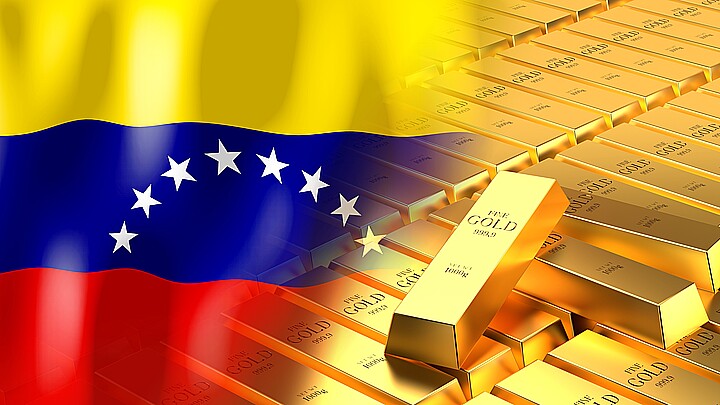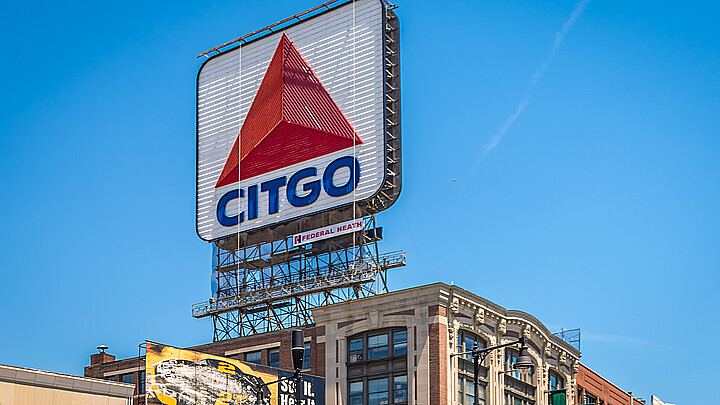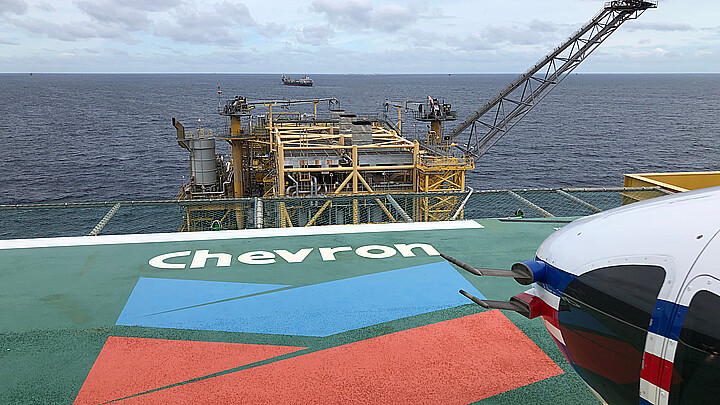Business
One man's trash is the Venezuelan dictatorship's treasure
A new report shows how Venezuelans sell trash to survive Maduro's economic hell
April 1, 2022 1:05pm
Updated: April 1, 2022 6:22pm
Since Venezuelan dictator Nicolas Maduro signed the Scrap Metal Strategic Decree in March of last year, the regime has been attempting to plug the holes in the South American nation’s failed economy by selling recycled materials including iron, aluminum, optic fibers, electronic cards and cardboard.
"We want to empower Venezuela's productive path. That is why the resources derived from the recycled material will be allocated to the national industry," Maduro explained when announcing his strategic recycling initiative.
In recent years, Venezuela’s state-run oil industry has been unable to produce high levels of export-quality petroleum due primarily to under-investment in the sector and obstacles to selling due to long-standing U.S. sanctions, Reuters reported.
"Venezuela is going to get lighter, because they're removing all the scrap," said Douglas Lugo, a truck driver who transports scrap metal from the city of Guanta.
Although Venezuelan scrap materials have been sold abroad in the past, private companies stepped up export efforts in mid-2020 and both the quality and quantity of exported materials have since risen. The economic chaos brought about by the economic and political reforms started by former dictator Hugo Chavez has also crushed industries such as manufacturing and construction.
In order to mitigate the lack of foreign revenue, Maduro designated scrap as a “strategic” resource in 2021 and ordered that material surpluses be exported in order to “turn it into foreign currency … to take advantage of every last resource that is out there.”
Since then, state-owned and private companies have found it tempting to sell outdated equipment and machinery as scrap. Although the Venezuelan regime has backed such moves, critics have warned that individual workers and other profit seekers have taken to stealing equipment to sell at a profit.
The increase in scrap exports from Venezuela can be seen in port records which show that scrap is being exported to countries such as India, Turkey and Taiwan through Corporation Ezequiel Zamora – a state-owned company that holds contracts with private companies and a network capable of bypassing U.S. sanctions, Reuters reported.
According to sources familiar with the matter, foreign companies pay Zamora in cash using foreign currencies and then arrange to export the material to foreign buyers.
In all, upwards of 25 companies have been officially authorized to transport and sell scrap metal and 45,500 tons of iron, steel and copper scrap were sold from two of Venezuela’s main ports in 2021 for $55 million, according to data from Import Genius. Although prices can vary, experts have said that companies buy scrap for between $80 and $120 and later sell it for upwards of $700.
Local analytics firm Ecoanalítica released a report in February that showed that scrap metal sales “have increased considerably during the months when the COVID-19 pandemic was most severe, when state revenues were low.”
But as the economic crisis continues to affect the lives and livelihoods of millions of Venezuelans, scrap is increasingly being seen as having more value than working machines and equipment is being dismantled and sold across the country.
"Nothing is being restored today, everything is for sale," a source said on condition of anonymity out of fear of reprisal.
As the scrap industry continues to boom, many professionals are leaving their jobs and entering the scrap business – where many have claimed they can earn up to 10 times Venezuela’s monthly minimum wage.
"Everyone is working with scrap metal. Before you didn't see that (...)," said Antonio Astudillo, a truck driver who has been working in the transport of scrap metal to Guanta since December.
"You can make money to survive."










